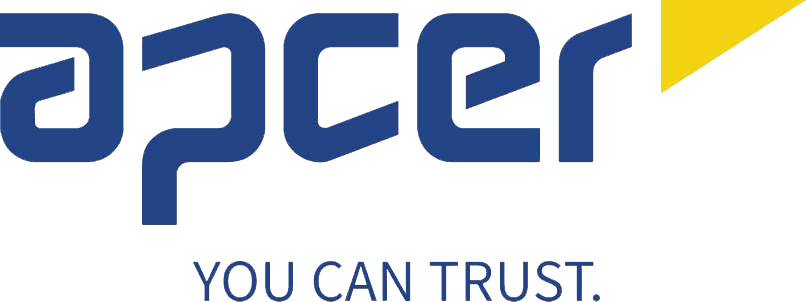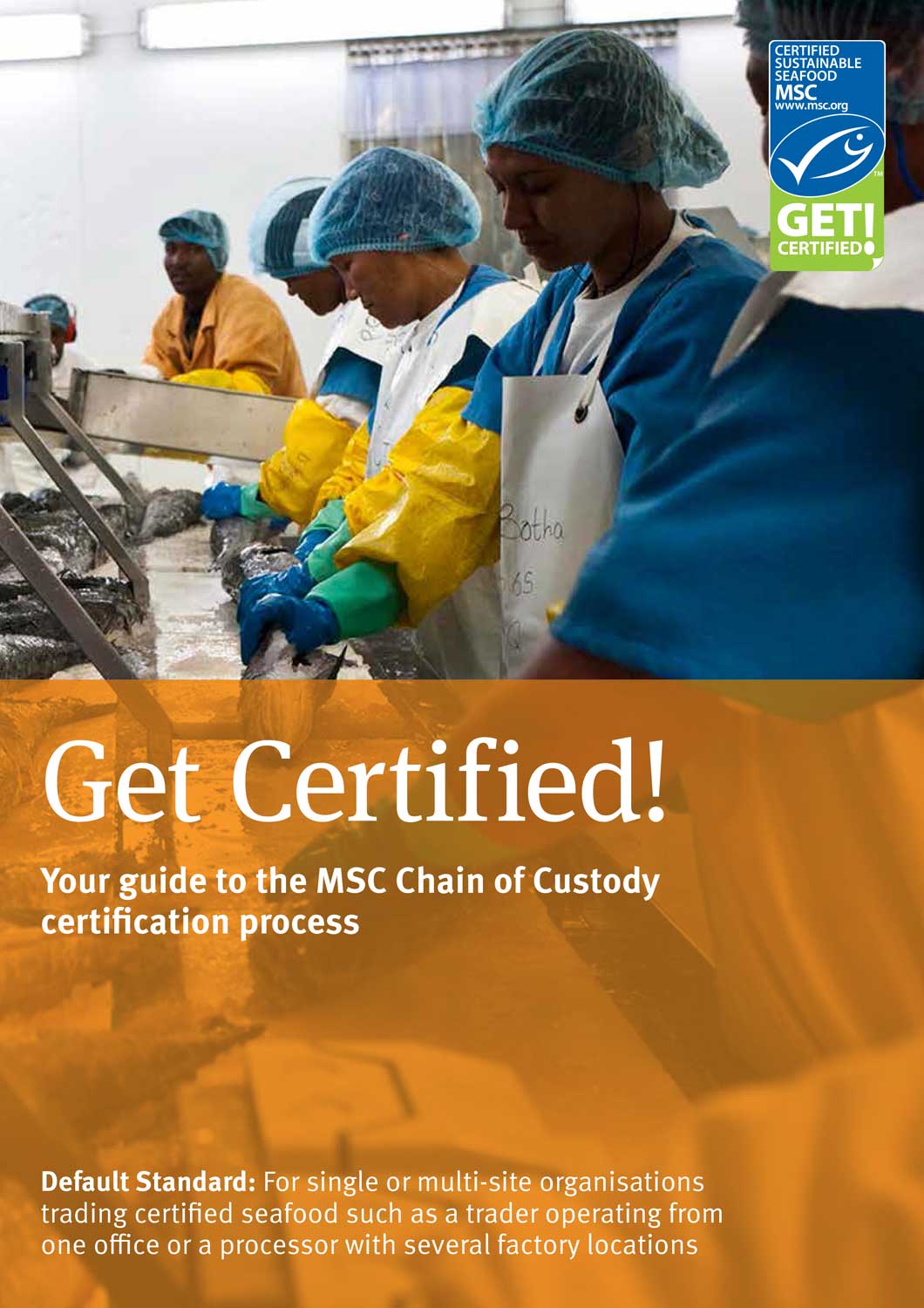Founded in 1997, the Marine Stewardship Council (MSC) is an independent, international and non-profit organization which aims to address the problem of overfishing.
The MSC – Chain of Custody standard was introduced in December 1999 and was based on best traceability practices and on pre-existing standards. In August 2005, following an international consultation with all stakeholders and interested parties, the current version 2 was developed. Its development followed the procedures recommended by ISEAL – Code of Good Practice for Setting Social and Environmental Standards.
MSC – Chain of Custody certification allows for illegally caught fish to be kept outside the supply chain. Illegal fishing is a serious problem which can cause irreversible damage to the marine ecosystem, to livelihoods and to the world’s fishing industry.
The traceability of seafood is a subject which is being increasingly discussed in the sector. Misleading labelling is a complex and internationally recognized problem. The supply chain itself of these types of products finds it extremely difficult to obtain reliable and quality information about their origins and sources.
Labels on marine products must provide information on the species, source of fishing and any information regarding the sustainability of the product. Once a fisher achieves certification, their product can only carry the MSC brand after all links and actors in the supply chain have been certified in accordance with the MSC – Chain of Custody standard. Products with the MSC seal are guaranteed to come from sustainable fishing..
How can certification be obtained?
When a product is placed on the market with the MSC brand, it means that all organizations involved in the supply chain – from the fisher to the distributor or retailer – are certified in accordance with the MSC – Chain of Custody standard.
To achieve the above-mentioned certification, organizations must undergo an auditing process to demonstrate that they have efficient storage and record-keeping systems, which in itself proves that only products from certified fishers have the MSC brand.
All organizations with a valid MSC – Chain of Custody certificate have a unique code which must be put on certified products as a way of informing consumers that they are buying from an approved supplier.
The MSC brand can only be used on marine products from certified fishers or by MSC – Chain of Custody certified organizations.
Validity of the Certification
MSC – Chain of Custody certification is valid for 3 years. During this period, the organization will be audited to evaluate its ongoing compliance with the standard. After 3 years, a renewal audit will be carried out if the organization wishes to retain the MSC brand.
Aquaculture Stewardship Council
Founded in 2010 by WWF and IDH (Sustainable Trade Initiative), the Aquaculture Stewardship Council (ASC) is an independent, non-profit organization with global influence.
ASC has an ambitious program to transform the world's seafood markets and promote better environmental and social performance in aquaculture. This means increasing the availability of certified seafood for consumers - produced responsibly - and promoting the use of the ASC logo. The logo sends a strong message to consumers regarding the environmental and social integrity of the product they are purchasing.
How do you obtain ASC certification?
To obtain the aforementioned certification, the farm must undergo an audit process - publicly announced on ASC's website - for at least 30 days before the audit in order to collect relevant information from interested parties. The audit allows for an assessment of technical and social compliance as well as management of the farm itself. The audit team verifies if the operation is being properly executed in practice via visual assessments and interviews with management, employees, neighbours and other interested parties.
Quality certification
The farm certification is issued by the certifier and is valid for three years. Farms are subject to an annual audit with a risk analysis, focused on farm improvement plans and in accordance with a sample of the standards requirements.
Once they are certified, the farms can sell their ASC-certified products. To use the ASC logo, the systems must be in a state to ensure traceability. Certified products will be tracked in their supply chain through the Chain of Custody (CoC) certification. All companies who handle products in the supply chain must have a valid CoC certificate. It is the only way that products are authorized to bear the ASC logo. To obtain CoC certification, all the companies in the supply chain must meet rigorous requirements and have on-site tracking systems to ensure that there are no mixtures or substitutes. This guarantees that the product was produced in compliance with ASC standards for responsible aquaculture.
Main benefits of ASC certification:
• Reinforce the position in existing markets and explore new markets.
• Improve market value through greater credibility within the industry and among consumers.
• Adopt industry best practices (for instance, by efficiently using feed and improved disease control) to promote a competitive advantage.
MSC/ASC certification is a service provided via the SCS partnership under its accreditation.
















